I would like to thank my adviser, Professor Bernard Wasserstein, for his support, wise guidance, and careful editing. I would also like to thank Ms. Carolyn Locke, who was the associate dean of the Graduate School of Arts and Sciences at Brandeis University during my time there. I am indebted to Professors Paul Jankowski and Pierre-Henri Laurent. I am grateful to Chris Warren and Tom Wilson for helping me to focus and for reminding me of the importance of emphasizing my strengths.
I would like to thank Admiral Sir Jock Slater, GCB LVO DL, who said that his family would be happy for me to quote from the papers of his great-uncle, Admiral Lord Cunningham. I would also like to thank Kevin Smith and Mr. Sebastian Cox.
Evelyn M. Cherpak, PhD, the archivist and curator of Special Collections at the U.S. Naval War College, in Newport, Rhode Island, provided indispensable assistance to me. I am grateful to the staffs of the U.S. National Archives and of the Manuscript Division of the Library of Congress, respectively, for their assistance. I would like to thank the staff of the George C. Marshall Research Center. The staff of the Government Documents department of the Lamont Library at Harvard University was also very helpful to me.
While in England, I encountered many helpful people. The efficiency displayed by the staff of The National Archives (formerly the Public Record Office) made working there a pleasure. The staffs of the British Library and Christ Church, Oxford, were very helpful to me. I would particularly like to thank the Trustees of the Liddell Hart Centre for Military Archives, as well as the Master, Fellows, and Scholars of Churchill College in the University of Cambridge.
I am deeply indebted to my late father, without whose support this book never would have been written. All of these people contributed mightily to whatever is good in this manuscript. Any mistakes belong to me alone.
Photos
Maps
Tables
Figure
I was motivated to write about the Combined Chiefs of Staff because this organization, particularly its principal members, contributed tremendously to the success of the British-American alliance in World War II. The Combined Chiefs are mentioned and discussed in many histories of that war. However, I felt that the Combined Chiefs of Staff deserved a book of their own. As regards the principal members of the Combined Chiefs of Staff, these were great men. They are my heroes. I only wish that God had given them a better writer to tell their story. For now, however, they are stuck with me.
David Rigby, December 2011
| BAD | British Admiralty Delegation (to British Joint Staff Mission in Washington) |
| BAS | British Army Staff (attached to British Joint Staff Mission in Washington) |
| BL | British Library |
| CAS | Chief of the Air Staff (British) |
| CCS | Combined Chiefs of Staff |
| CIGS | Chief of the Imperial General Staff (British) |
| CNO | Chief of Naval Operations (U.S.) |
| CNS | Chief of the Naval Staff (British) |
| COMINCH | Commander in Chief, U.S. Fleet |
| COS | British Chiefs of Staff Committee |
| COSSAC | Chief of Staff of the Supreme Allied Commander |
| CPRB | Combined Production and Resources Board |
| CV | fleet aircraft carrier |
| CVE | escort aircraft carrier |
| ETOUSA | European Theater of Operations of the United States Army |
| FRUS | Foreign Relations of the United States |
| JCS | U.S. Joint Chiefs of Staff |
| JPS | Joint Planning Staff (one British, one American) |
| JSM | British Joint Staff Mission in Washington |
| JWPS | Joint War Production Staff (British) |
| LC | Library of Congress |
| LHC | Liddell Hart Centre for Military Archives, Kings College London |
| MAP | Ministry of Aircraft Production (British) |
| NA | National Archives (U.S.) |
| OPM | Office of Production Management (U.S.) |
| POW | prisoner of war |
| RAF | Royal Air Force |
| RAFDEL | Royal Air Force Delegation to the British Joint Staff Mission in Washington |
| RN | Royal Navy |
| SEAC | Southeast Asia Command |
| TNA | The National Archives (of the UK, Kew) |
| USN | U.S. Navy |
| VMI | Virginia Military Institute |
| WPB | War Production Board (U.S.) |
| WSA | War Shipping Administration (U.S.) |
ALLIED
MASTER
STRATEGISTS

THE COMBINED CHIEFS OF STAFF
IN WORLD WAR II
DAVID RIGBY
Naval Institute PressAnnapolis, Maryland
Naval Institute Press
291 Wood Road
Annapolis, MD 21402
2012 by David Rigby
All rights reserved. No part of this book may be reproduced or utilized in any form or by any means, electronic or mechanical, including photocopying and recording, or by any information storage and retrieval system, without permission in writing from the publisher.
Library of Congress Cataloging-in-Publication Data
Rigby, David.
Allied master strategists : the Combined Chiefs of Staff in World War II / David Rigby.
p. cm.
Includes bibliographical references and index.
ISBN 978-1-61251-304-1 1. Combined Chiefs of Staff (U.S. and Great Britain) 2. World War, 1939-1945United States. 3. World War, 1939-1945Great Britain. 4. Military planningUnited StatesHistory20th century. 5. Military planningGreat BritainHistory20th century. 6. United StatesMilitary relationsGreat Britain. 7. Great BritainMilitary relationsUnited States. 8. StrategyHistory20th century. I. Title.
D769.25.R54 2012
940.5412dc23
2012025617
 This paper meets the requirements of ANSI/NISO z39.48-1992 (Permanence of Paper).
This paper meets the requirements of ANSI/NISO z39.48-1992 (Permanence of Paper).
20 19 18 17 16 15 14 13 129 8 7 6 5 4 3 2 1
First printing
CONTENTS
For Anne
O nly nine American military officers, five generals and four admirals, have ever earned the right to wear five stars on their uniforms. It is telling that almost half of that very select group made up the American contingent of the Combined Chiefs of Staff (CCS) in World War II. The British members of the Combined Chiefs of Staff likewise attained the highest military ranks that Britain could offer. In addition, the three British Combined Chiefs of Staff members who survived the war were all elevated to peerages. None of these men have household names, which is a pity, because famous Allied World War II leaders who are household names in the United States and Britain, such as Eisenhower, MacArthur, Nimitz, Montgomery, Alexander, and Slim, all worked for the Combined Chiefs of Staff.
The Combined Chiefs of Staff was set up in January 1942 in Washington, D.C., as the supreme uniformed military command for the Western Allies. The CCS became the nerve center of the most highly integrated effort at coalition warfare in history, namely, the British-American alliance in World War II. The Combined Chiefs of Staff had as their task the formulation of military and logistical strategies that seemed best suited to bring about Allied victory in World War II as quickly as possible. The Combined Chiefs of Staff incorporated as its principal membership the American Joint Chiefs of Staff (JCS) and the British Chiefs of Staff (COS) Committee, the military advisory bodies to President Franklin Roosevelt and Prime Minister Winston Churchill, respectively. Making Washington, D.C., the home base for the Combined Chiefs of Staff presented an obvious problem for the British. Because the British Chiefs of Staff were forced to spend most of their time in London, they designated a high-ranking officer from each of the three British military servicesair, army, and navyto represent them


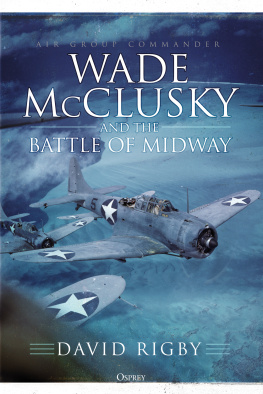
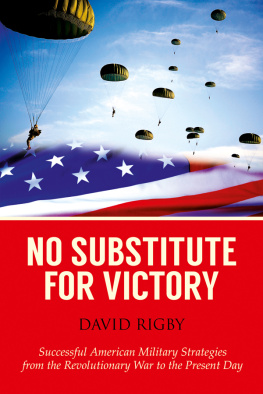


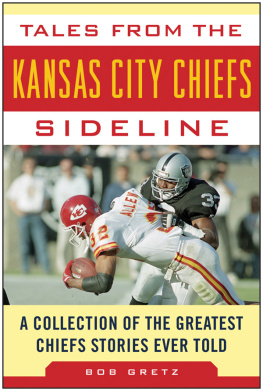
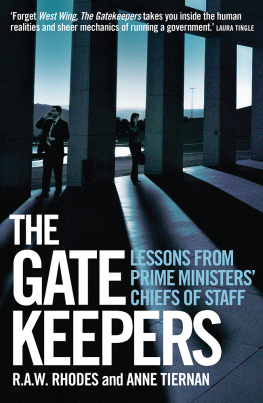
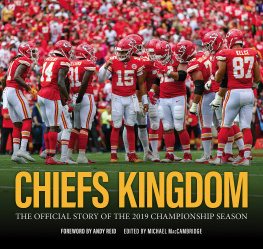
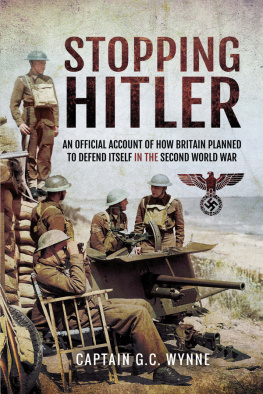
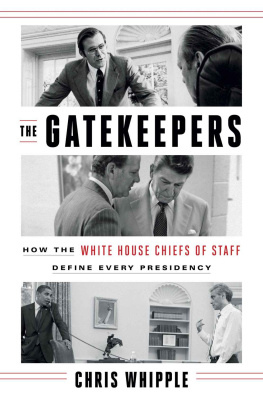

 This paper meets the requirements of ANSI/NISO z39.48-1992 (Permanence of Paper).
This paper meets the requirements of ANSI/NISO z39.48-1992 (Permanence of Paper).